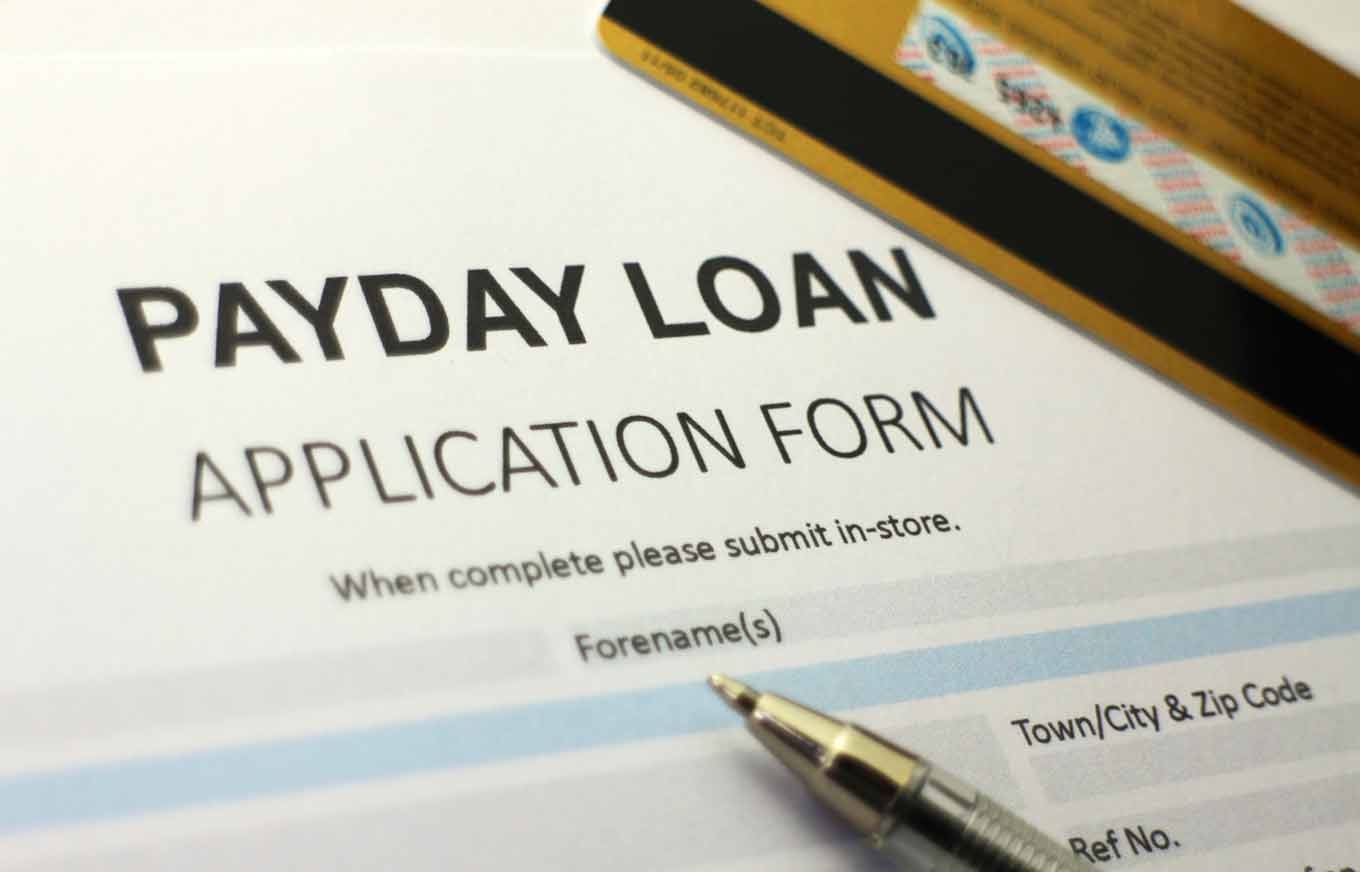
To prevent usury (unreasonable and excessive rates of interest), some jurisdictions limit the annual percentage rate (APR) that any lender, including payday lenders, can charge. Some jurisdictions outlaw payday lending entirely, and some have very few restrictions on payday lenders. In the United States, the rates of these loans were formerly restricted in most states by the Uniform Small Loan Laws (USLL), with 36%-40% APR generally the norm.
There are many different ways to calculate annual percentage rate of a loan. Depending on which method is used, the rate calculated may differ dramatically. E.g., for a $15 charge on a $100 14-day payday loan, it could be (from the borrower's perspective) anywhere from 391% to 3733%.
Although some have noted that these loans appear to carry substantial risk to the lender, it has recently been shown that these loans carry no more long term risk for the lender than other forms of credit.These studies seem to be confirmed by the SEC 10-K filings of at least one lender, who notes a charge-off rate of 3.2%.
No comments:
Post a Comment